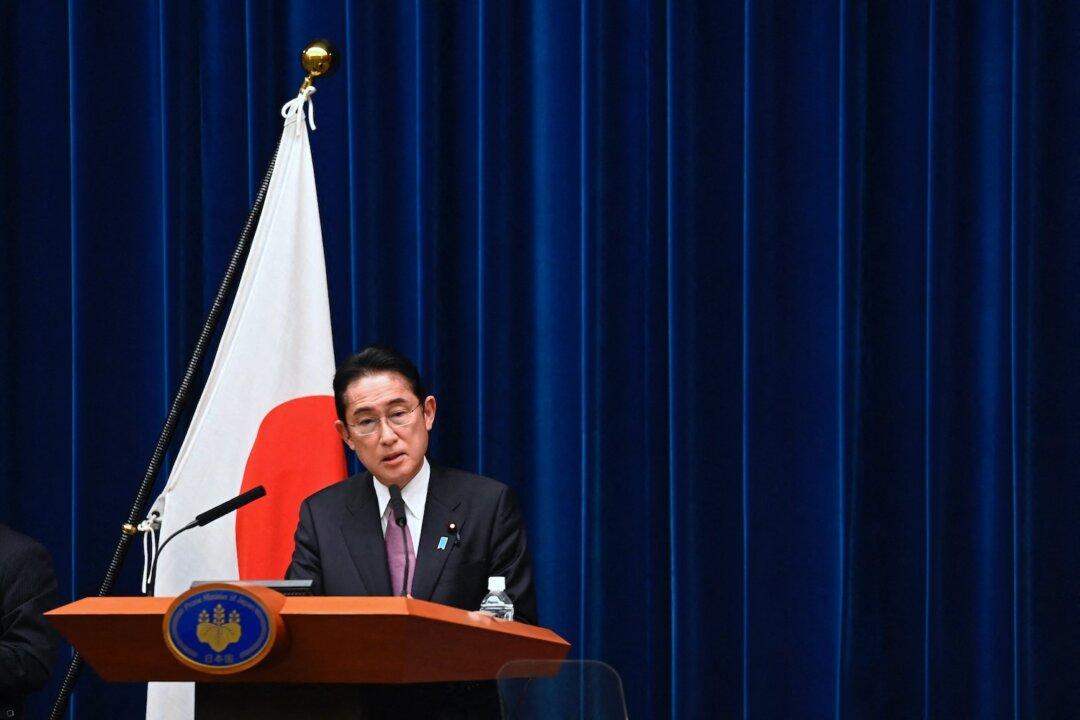Japan’s ruling bloc agreed on Friday to increase taxes to fund a substantial increase in the country’s defense spending but stopped short of deciding when the measure would go into effect.
Prime Minister Fumio Kishida has planned to increase defense spending to 43 trillion yen ($315 billion), or 2 percent of gross domestic product, over the next five years to bolster Japan’s defense capabilities.





